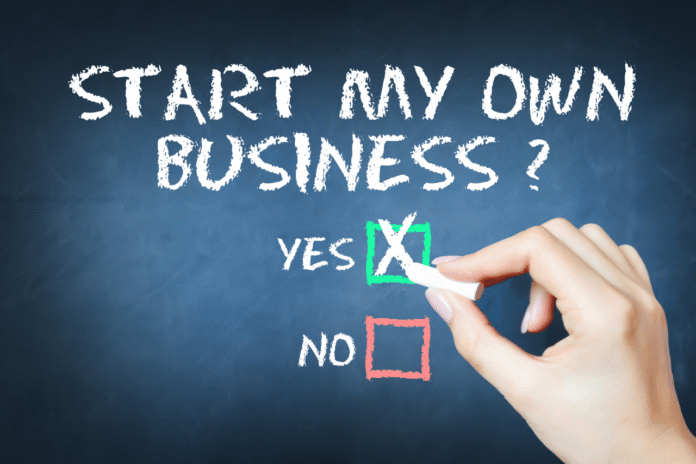Starting your own business is exciting but if you jump in too quickly, you might overlook some crucial first steps. Before picking out a business name or brainstorming ideas, you need to fully understand what entrepreneurship really involves.
Running a business isn’t always glamorous. It’s demanding, often unpredictable, and comes with a steep learning curve. But when approached with the right mindset and preparation, it can be one of the most rewarding decisions you’ll ever make.
In this beginner-friendly guide, we’ll walk you through the key questions and self-assessments you should complete before launching a business, so you can move forward with confidence.
Step 1: Start With Self-Reflection
In the early stages, your business will likely rely entirely on you. That means your motivation, skills, mindset, and support system will all play a critical role in your success.
So, before diving into business ideas, take time to reflect on your “why” and your personal readiness. Ask yourself the following essential questions:
1. Why Do You Want to Start a Business?
Every entrepreneur has different reasons: freedom, financial security, flexibility, personal legacy, or passion for a cause.
Knowing your core motivation will keep you grounded during the tough times and guide your business decisions.
2. What Are Your Strengths and Weaknesses?
You won’t be great at everything and that’s okay. But being honest about your strengths and limitations will help you identify:
- Where you’ll thrive in your business
- What tasks to outsource or delegate
- What skills you need to improve
3. Have You Weighed the Pros and Cons of Business Ownership?
Yes, being your own boss comes with freedom but it also means more responsibility, longer hours, and increased pressure.
Consider the full picture of running a business, both the benefits and the challenges.
4. Have You Talked to the Right People?
Don’t build your business in a bubble. Get feedback from:
- Mentors
- Trusted friends or family
- Industry experts
- Other entrepreneurs
These people can help you refine your idea, identify risks, and stay encouraged along the way.
5. Can You Answer Critical Startup Questions?
Organizations like SCORE offer free business resources and recommend that every aspiring entrepreneur answer key questions such as:
- What problem does your business solve?
- Who is your ideal customer?
- How will you finance your startup?
Step 2: Understand What It Takes to Be an Entrepreneur
Do you have the mindset, discipline, and resilience required to succeed in business?
If you’re not sure, take time to learn about:
- Common challenges first-time founders face
- Traits of successful entrepreneurs
- How to avoid the most common startup mistakes
Step 3: Decide, Is Business Ownership Right for You?
After reflecting and doing your research, you’ll need to answer one question:
Do I still want to start a business?
If the answer is yes, then it’s time to start developing your business idea.
Need help picking the right one? In the next part of our startup guide, we’ll walk you through how to find a profitable idea and test whether people are actually interested in it.
Conclusion
Starting a business begins with starting with yourself. Your mindset, motivation, and readiness will shape the success of your business more than any logo, product, or marketing plan.
By taking time to self-assess and understand the road ahead, you’re giving your future business the strong foundation it needs to thrive.

